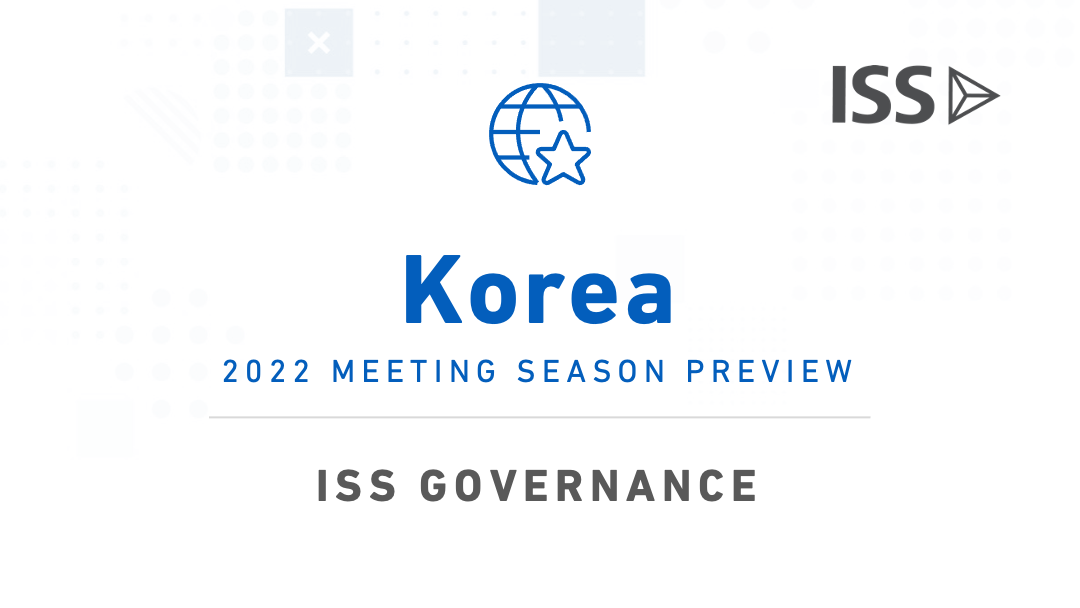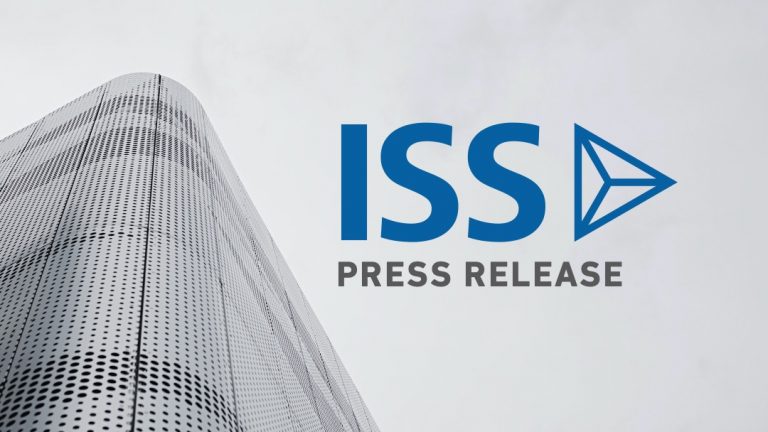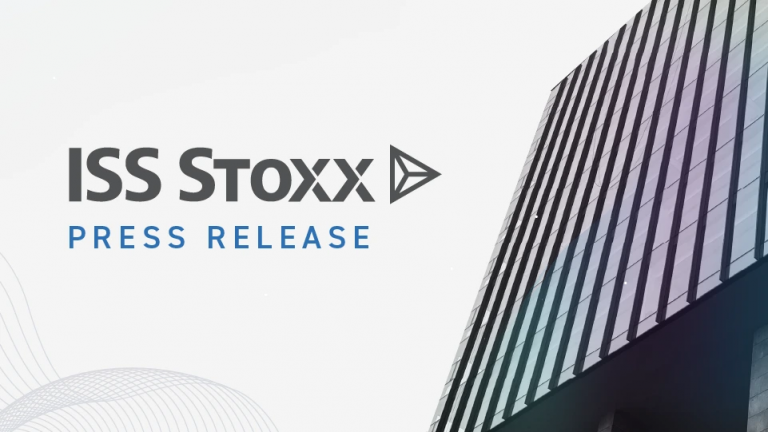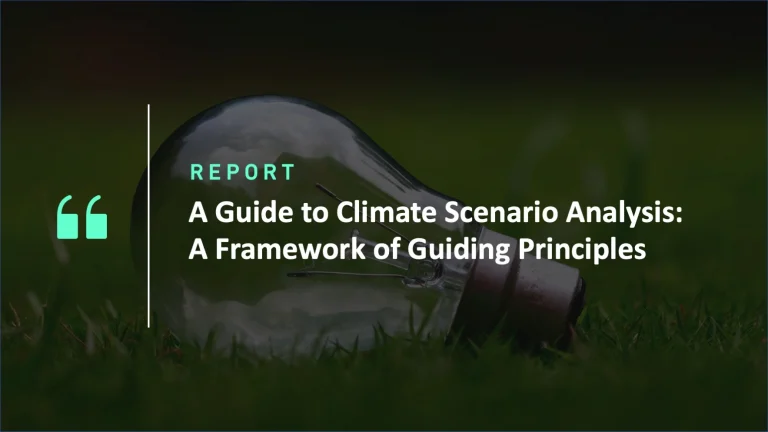Below are key takeaways from ISS’ recently released South Korea 2022 Proxy Season Preview. The full report is available to institutional subscribers by logging into ProxyExchange then selecting the Governance Exchange and its Report Center tab and to corporate subscribers by logging into Governance Analytics then selecting the Governance Exchange and the Report Center tab.
- 2022 Korea proxy season is expected to continue similar format and concentration of meetings: The majority of Korean companies are expected to hold socially distanced physical meetings with a few large companies holding virtual meetings in addition to physical in-person AGMs. Despite the government’s effort to mitigate the concentration of the meetings, close to 70 percent of companies covered by ISS are expected to hold their AGMs during the last week of March.
- Increasing regulatory actions to protect minority shareholders:
- Shareholder Initiated Legal Actions: The Ministry of Health and Welfare, which oversees the national pension service (NPS), proposed to amend the stewardship guideline of NPS. The proposal is intended to transfer the decision-making body of NPS from the national pension fund management committee to the Stewardship Responsibilities Committee (SRC) on all matters related to shareholder’s proposals and legal actions initiated by shareholders.
- Legislation of Board-Level Employee Representation: In January, the National Assembly passed revisions in the Act on the Management of Public Institutions, which introduces the labor director system to governmental corporations.These require that government corporations shall have at least one director nominated by employee representatives or who has gained majority support from the employees; and the nominee shall have a minimum of three years of employment at the company. The revised requirements come into effect six months after the announcement of the enactment onJan. 25, 2022.
- Regulatory Discussions on Split-Off: Throughout 2021, many minority shareholders vocally expressed dissent against split-offs, highlighting the shortcomings of regulatory protection for the minority shareholders. Ahead of the presidential election in March 2022, both presidential candidates emphasized protecting existing minority shareholders in split-off cases. Shortly after, the financial authorities announced that potential amendments to regulations surrounding split-off cases are under reveiw.
- The government codified a commitment to carbon neutrality and heightened emissions reductions target: In October 2021, a finalized policy roadmap for reaching carbon neutrality by year 2050 was announced. Some of the major companies have also joined efforts to achieve carbon netural targets. A number of South Korea’s financial institutions have also pledged to fight against climate risks with some announcing they will phase out from coal financing. The Korea Corporate Governance Service announced a revised Model Standard of ESG in October 2021 that companies can use to incorporate environmental factors in their general risk management and decision making.
If you are not a subscriber, please contact sales@issgovernance.com (for institutional investors) or contactus@isscorporatesolutions.com (for corporations) to learn more about accessing bespoke governance research.
By Candice Kim, Jieun Chang




